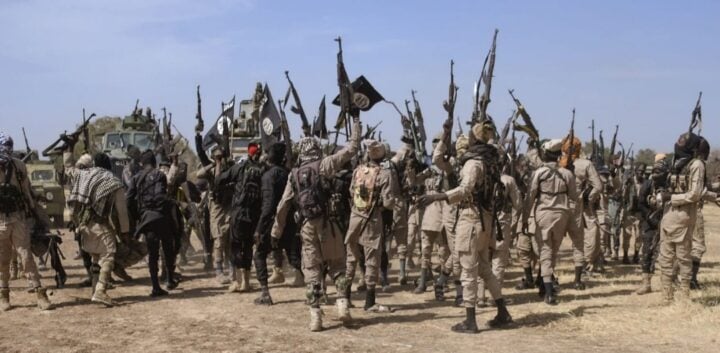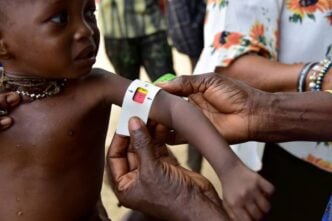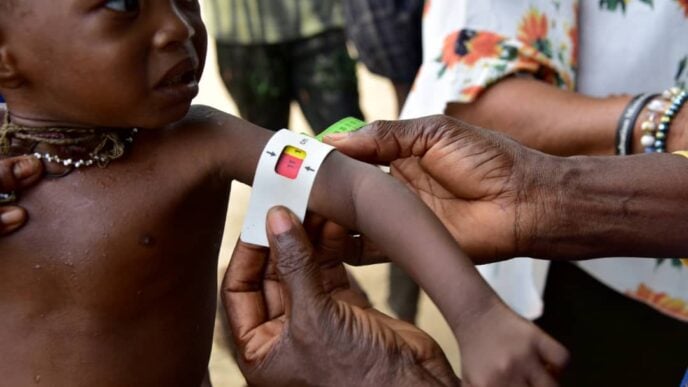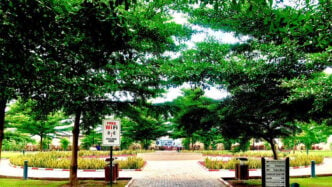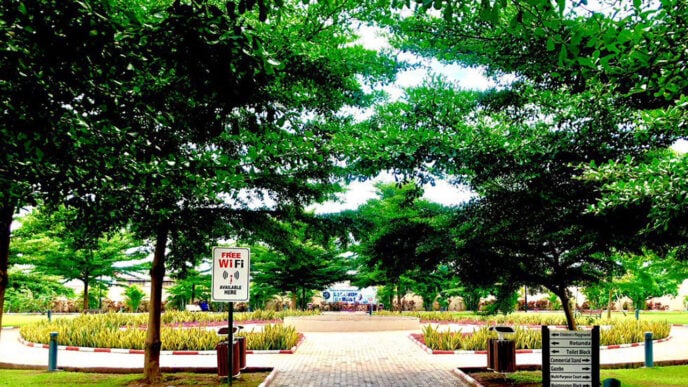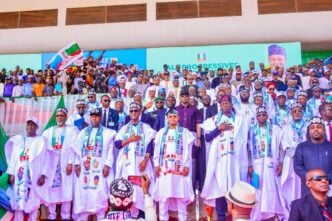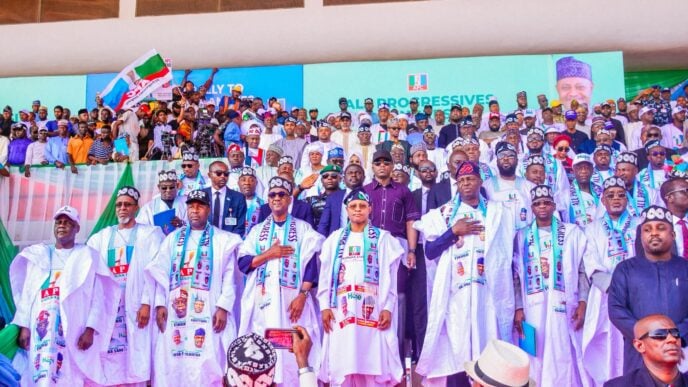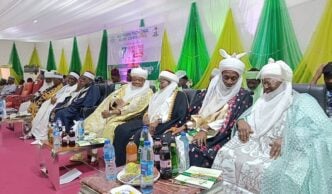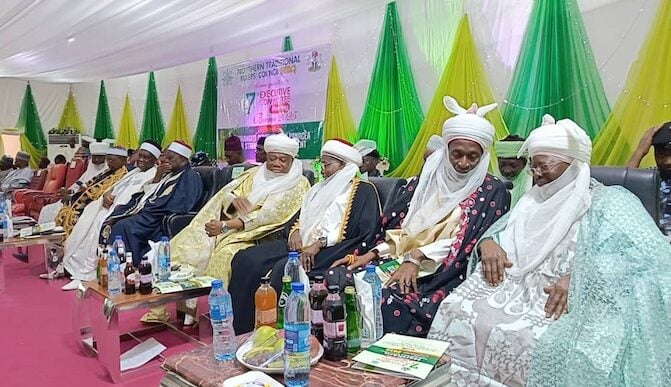ISWAP terrorists
BY NNAA KALU NTO
Claims of Christian genocide in Nigeria have stirred global emotion and political interest. But does the evidence support the charge—or obscure a deeper national tragedy?
In recent months, a familiar alarm has echoed across parts of the American political landscape, suggesting that Nigeria is witnessing a genocide against Christians. United States Senator Ted Cruz, in an October 2025 statement, described what he called “the mass murder of Christians in Nigeria” and urged Washington to act decisively. Advocacy organisations such as Open Doors, the Family Research Council, and the United States Commission on International Religious Freedom have echoed this concern, portraying Nigeria as the deadliest country in the world for Christians.
But how accurate are these claims? Are Nigerian Christians being systematically exterminated, or are they victims of a broader and more complicated crisis?
Advertisement
Between 2020 and 2025, the evidence tells a story that is both tragic and tangled.
The Claims and the Context
Open Doors’ World Watch List 2024 placed Nigeria among the most dangerous countries for Christians. It reported that 4,998 Christians were killed within a year, accounting for more than 80 percent of all faith-related deaths globally. The same report listed hundreds of church attacks and thousands of abductions, particularly in Plateau, Taraba, Benue, and Kaduna States.
Advertisement
The Family Research Council drew upon these figures to argue that the violence amounts to “genocide by attrition.” Their reports highlight targeted killings of pastors and mass burnings of Christian villages. The United States Commission on International Religious Freedom has also urged that Nigeria be designated as a “Country of Particular Concern,” citing the scale of the violence and the failure of local authorities to protect vulnerable communities.
However, not all official sources agree with this narrative. The United States Department of State’s 2024 International Religious Freedom Report documented extensive violence but cautioned against treating it as exclusively religious. It concluded that both Christians and Muslims have suffered from banditry, terrorism, and communal clashes driven by land disputes, environmental pressure, and economic hardship.
Amnesty International and Human Rights Watch reached similar conclusions. Their 2023 and 2024 reports described a worsening humanitarian crisis across the north-west and middle belt, but stopped short of using the word genocide. According to these organisations, the violence is the result of overlapping factors, including weak governance and competition for resources.
Patterns of Violence
Advertisement
Between 2021 and 2024, data from the Armed Conflict Location and Event Data Project recorded over 18,000 conflict-related deaths in Nigeria. Thousands of the victims were Christians, yet many were also Muslims killed in attacks by Boko Haram, Islamic State West Africa Province, or criminal bandits.
The tragedy cuts across faiths. In June 2022, gunmen stormed St. Francis Catholic Church in Owo, Ondo State, killing forty worshippers during Mass. In December 2023, more than two hundred people were massacred in coordinated attacks on Christmas Eve in Bokkos and Barkin Ladi, Plateau State. Across Kaduna, Katsina, and Zamfara States, relentless banditry and kidnapping have displaced over three million people, according to international monitoring agencies.
These incidents paint a picture of a country in turmoil. Christians are undoubtedly among the hardest hit, but the bloodshed is not confined to one faith or one region.
Interpreting the Evidence
Advertisement
Scholars and analysts continue to debate whether the violence meets the threshold of genocide. Under the United Nations definition, genocide requires proof of intent to destroy a national, ethnic, racial, or religious group. This intent is difficult to establish in Nigeria’s context, where attackers vary in motive, affiliation, and geography.
Human rights lawyer Ayo Obe argues that the killings cannot be viewed through a single lens, noting that the crisis reflects “a breakdown of order, not a deliberate campaign of extermination.” Similarly, Audu Bulama Bukarti of the Tony Blair Institute observes that “Nigeria’s violence is driven by weak governance, poverty, and local grievances. It is not a single war against Christianity but a network of overlapping conflicts.”
Advertisement
Faith-based organisations, however, insist that the pattern of attacks on churches and the selective killing of clergy suggest intent. For them, the question is not whether the violence fits a legal definition but whether the world will wait for such proof while communities continue to vanish.
The Question Behind the Numbers
Advertisement
The argument over terminology—whether persecution or genocide—often obscures the shared humanity of the victims. Nigeria’s violence has consumed farmers, traders, herders, and children, irrespective of creed. An African proverb says, “Until the lion learns to write, every story will glorify the hunter.” It is a reminder to ask whose story is being told. Are these narratives shaped by lived experience, or by distant advocates speaking from afar?
A Crisis Beyond Labels
Advertisement
Thousands of Nigerians have been killed in the last five years. Villages have been razed, families displaced, and places of worship destroyed. But whether these tragedies amount to genocide remains a question suspended between law and morality. The evidence confirms widespread killings of Christians, yet it also shows similar patterns of suffering among Muslims and other ethnic groups.
Perhaps the real crisis is not just religious persecution, but the collapse of governance, justice, and empathy. While foreign observers debate semantics, families in Benue, Bokkos, and Borno continue to bury their dead in silence, often without the presence of security agencies or the comfort of media attention.
The challenge, therefore, is not only to define the violence but to end it. What Nigeria faces is a test of leadership and humanity, not of terminology. Whether one calls it genocide or insecurity, the blood that soaks the soil does not distinguish between faiths.
The Broader Reflection
To call the killing of Christians in Nigeria a genocide may resonate emotionally for some and politically for others, yet the truth lies somewhere between fear and fact. The attacks are real, the pain is undeniable, but the intent remains unproven.
In the end, what Nigeria needs is not more labels but more action; an honest reckoning with impunity, a stronger justice system, and a renewed sense of national compassion. While the debate continues abroad, the silence at home grows louder, and the graves, deeper.
Nnaa Kalu Nto, the co-founder of Analytix and a good governance advocate based in Abuja, can be contacted via [email protected]
Views expressed by contributors are strictly personal and not of TheCable.
